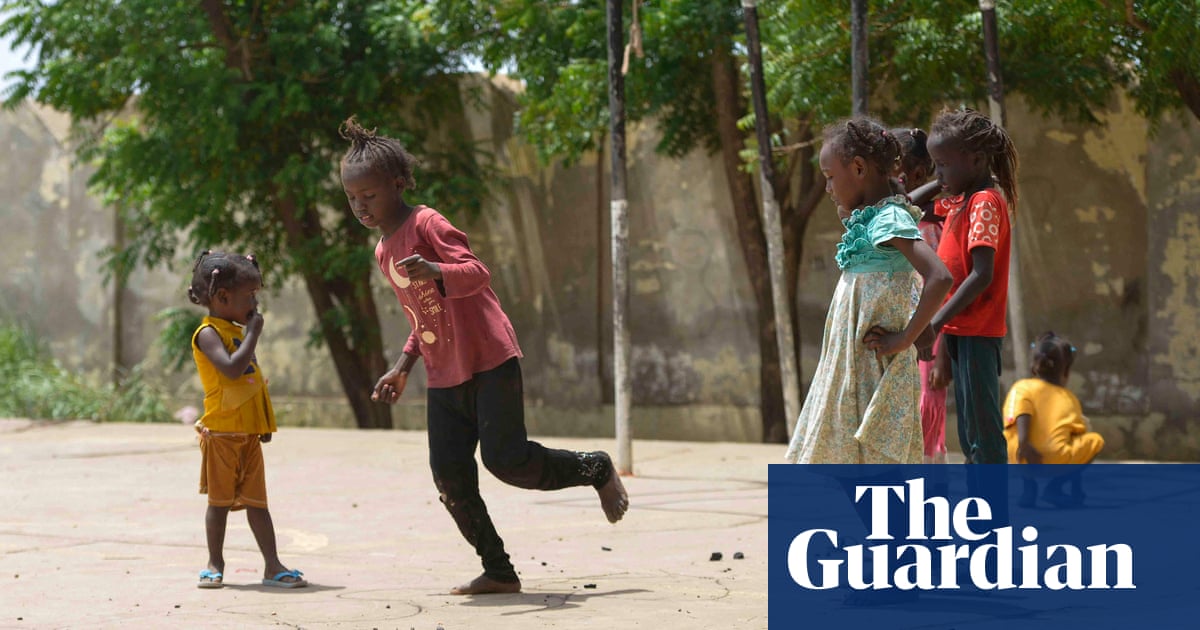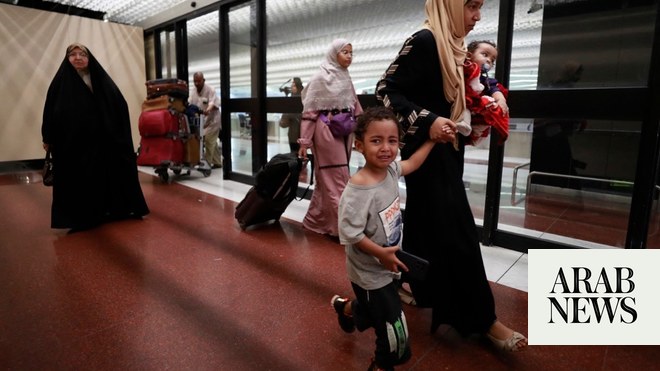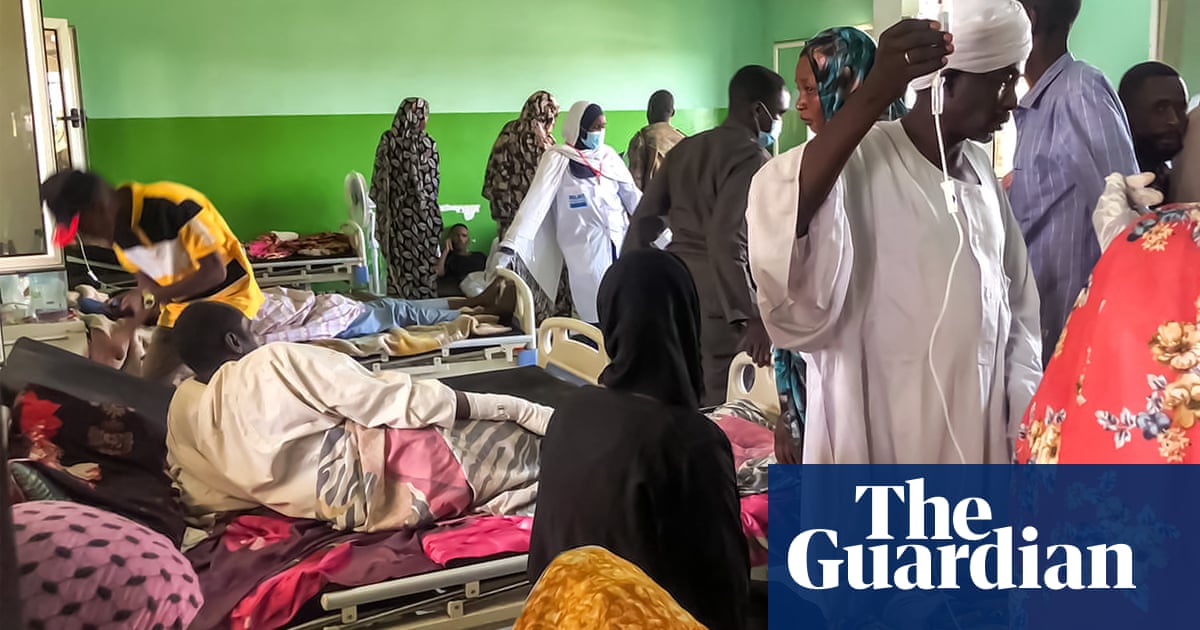
The past four months of fighting in Sudan has pushed millions into food insecurity – with an additional 1.5 million children expected to fall into crisis levels of hunger by September – as aid agencies say they are struggling to reach people.
Up to 17,000 children a day have been falling into crisis levels of hunger, Save the Children warned on Tuesday. With 4 million people displaced so far, the charity said more people were facing hunger in Sudan than at any point since records there began in 2012.
“It’s impossible to overemphasise the seriousness of the situation in Sudan. This is a desperate, dire crisis for children,” said Dr Arif Noor, Save the Children’s director in Sudan.
“In conflict areas, if you go to a market, you risk being robbed, shelled, murdered or caught in the crossfire,” he said. “If you get to that market, the chances are the shelves are empty.”
According to the most recent report by the Integrated Food Security Phase Classification, areas with the worst fighting are predictably seeing the highest rates of hunger. Across the country, 20.3 million people – or 42% of Sudan’s population – were gripped by high levels of acute food insecurity, the IPC said.
More than half of the population need urgent help in Darfur, where the paramilitary Rapid Support Forces have been accused of large-scale massacres of minority ethnic groups.
The Sudanese independent broadcaster Radio Dabanga reported that 132 children had died of malnutrition-related conditions in the eastern state of El Gedaref.
Prices of staple foods such as sorghum, millet and wheat are already high but shortages are likely to worsen as farmers are forced from their land by fighting.
An open letter from humanitarian leaders released this week called for an immediate cessation of hostilities and warned the international community that there was “no excuse for waiting” to act in stopping the conflict “as Sudan’s children are wasting away”.
Frustrated aid workers have bemoaned the lack of funding and support for humanitarian operations in Sudan, compared with the response to the war in Ukraine, condemning the disinterest as “unapologetically racist”.
Operations have also been limited by insecurity, which recently forced the Norwegian Refugee Council to close its operations in the capital, Khartoum, and the Darfur region, as well as visa red tape.
There are at least 120 visas for humanitarian workers waiting for approval, according to the Sudan Ingo Forum, which represents 70 aid groups operating in the country. Its coordinator, Anthony Neal, said that at least 15 of those pending since June were for surgeons, pharmacists and anaesthetists. He said even those who had visas were facing travel restrictions.
He said Sudanese staff had been crucial in keeping services going but that the ability to bring in more international staff was vital to scale up the response.
“Long-term, without the ability to increase capacity and expertise, the current highly limited efforts are unsustainable,” said Neal.
Médecins Sans Frontières (MSF) is also awaiting visas for its staff, and said this threatened its ability to continue to support the Turkish hospital in Khartoum, one of very few in the city still providing around-the-clock care.
“If we cannot bring in new staff, we will be forced to withdraw from the hospital,” MSF said. “This will have a devastating impact on the people who remain in Khartoum, who will need lifesaving healthcare over the coming months.”












